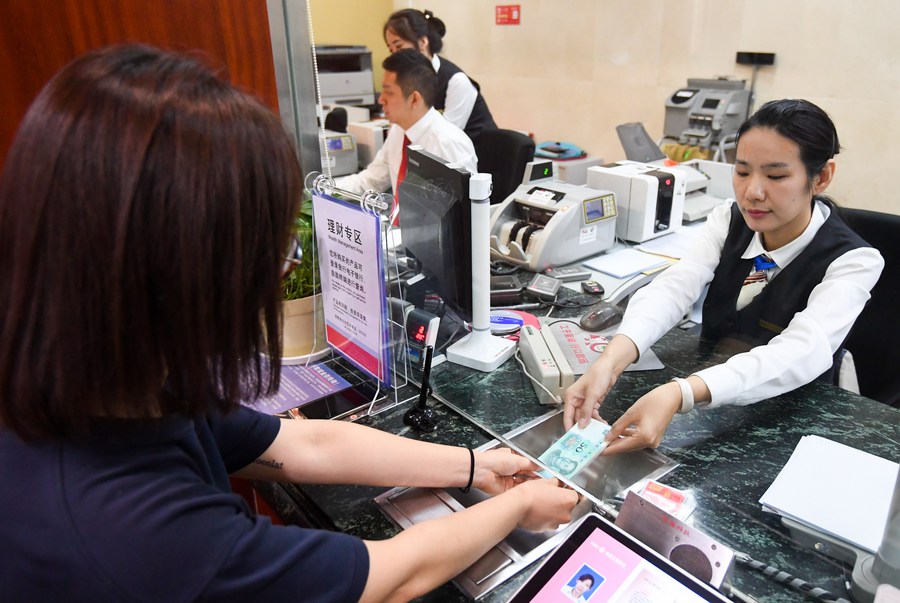Survey: Chinese women still face investment shortfall
By Zhou Lanxu | chinadaily.com.cn | Updated: 2021-03-08 14:25

Women in China may have played a more active role in managing finances than their global peers, but they still lag behind men in investment readiness and confidence, a new private survey said.
The Chinese mainland is the only market surveyed where women own more savings than men, with female respondents having savings of approximately 563,000 yuan ($87,040), 7 percent higher than the 526,000 yuan for men, Fidelity International, a global asset manager, said in its global Women & Money study.
The survey showed that 60 percent of mainland female respondents recognized themselves as investors, much higher than the global average of 33 percent.
Fidelity International released the survey on Thursday, shortly before this year's Women's Day on Monday. The survey was conducted in January in six global markets - the United Kingdom, Germany, the Chinese mainland, Taiwan, Hong Kong and Japan. The Chinese mainland survey received responses from 2,008 participants.
"Chinese women have stood out among their global peers when it comes to financial independence and taking control of personal finances, with 73 percent of mainland female respondents saying they are actively making decisions about where to save or invest their money," said Daisy Ho, president of China operations at Fidelity International.
Chinese women seem to play a more dominant role in family financial management as well, with 76 percent of mainland female respondents, versus 66 percent of men, living as a couple saying they are in charge of the finances for the entire household, Ho said.
However, compared to men, female respondents in the Chinese mainland have taken a stronger hit financially from COVID-19, and an investment knowledge and confidence gap hinders their ability to accumulate wealth over the long term, she said.
Chinese women seem to be more conservative in investing than their gender counterparts, as the survey showed that the average investment value held by male participants is 6 percent higher than women in the Chinese mainland, though the latter have more savings.
Up to 36 percent of female respondents in the Chinese mainland who invest say they are cautious in their investment approach, whereas men are more likely to see themselves as confident or ambitious investors and are more inclined to hold stocks.
Meanwhile, COVID-19 has resulted in 29 percent of female mainland respondents seeing a decrease in their personal income and 61 percent of them having had their work impacted.
With all the challenges combined, compared to men, the survey said Chinese women often find it harder to achieve most of their top life and financial goals. Only 27 percent of female respondents in the Chinese mainland think they can look after themselves in retirement, versus 33 percent of men, the survey said.
"It is vital to help women unlock their financial power and feel prepared to live a comfortable life both before and in retirement," Ho said, encouraging women to improve financial skills and start investing as soon as possible.
Given that women are more cautious in investing, it's feasible for them to start investing by contributing a small but fixed amount of money each month into their investment portfolios, a method that will substantially help reduce risks, Ho said.
Lynda Zhou, chief investment officer for equities in China at Fidelity International, said the recent market corrections in the A-share market have created opportunities for female investors to add their exposure to equities, as the market's long-term upward trend remains intact.
"Women in general have longer investment horizon and aim to earn long-term, stable returns, instead of riding the short-term skyrocketing stock prices. Women can make full use of these personality characteristics and tap into the current opportunities (brought by market corrections)," Zhou said.
























